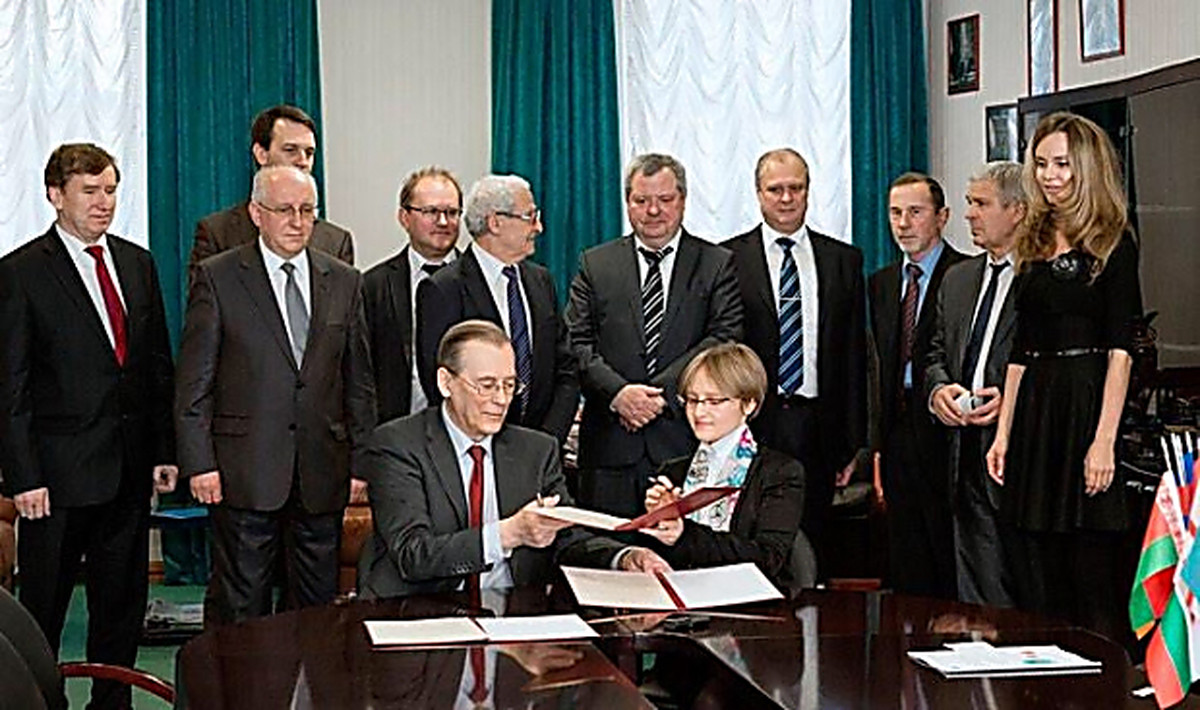
The fund headed by Putin’s daughter appears to benefit from government plan to confiscate company profits

The fund hedaded by Vladimir Putin’s daughter Katerina Tikhonova (seated) was the first to benefit from the new government-backed program
What happened
If you’re looking for insight into how the Russian government sees the development of the high-tech sector, look no further. This autumn, an advisor to Putin suggested confiscating “surplus profit” from a list of natural resource companies and investing it in important national projects. Now, a major company on that list has announced a high-tech partnership with a firm headed by Katerina Tikhonova, Putin’s daughter.
- Russia’s largest mining company, Norilsk Nickel, has become the first co-founder of the Innovative Engineering Center Project, which was set up by the Innopraktika Foundation founded by Tikhonova, widely assumed to be Putin’s younger daughter (also known for her love of acrobatic rock’n’roll). The project envisages “creating a belt of 1,000 technology companies around Russia’s leading science universities by 2026, with total proceeds of as much as 100 billion rubles.” The idea is more than a little unrealistic: to implement just a pilot version in Krasnoyarsk Region (a big chunk of Siberia) will require about $18 million. After that, Tikhonova is planning to expand into other regions.
- The tie-up between Innopraktika and Norilsk Nickel is apparently the result of a scandalous proposal by Andrei Belousov, an economic advisor to Putin. He said that, because of high commodity prices, natural resource companies should be forced to invest $10 billion into projects that the government considers important for the country.
- There is nothing surprising in Tikhonova’s project being one of the first to get a windfall from Belousov’s idea. Innopraktika has in the past won contracts from state-owned oil giant Rosneft, oil pipeline monopoly Transneft and state-owned nuclear company Rosatom.
Why the world should care
The idea of taking a cut of the profits made by natural resources companies seems out of sync with the free market, but this sort of model is used all over the world, even in Alaska. The trouble in this case is that “taking money from the rich” does not mean it is given to the poor — rather, it appears to simply be a redistribution of funds to companies close to the government.



